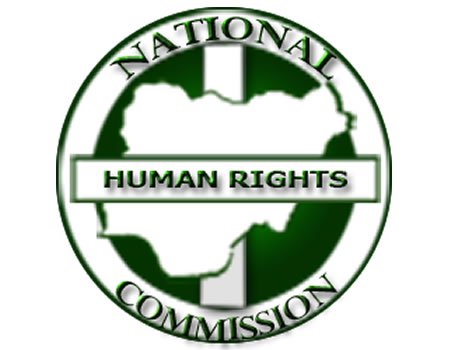National Human Rights Commission (NHRC), on Monday, urged the Federal Government to declare a state of emergency on rape and other Sexual, Gender-Based Violence (SGBV) in Nigeria.
Mr Tony Ojukwu, Executive Secretary, NHRC, made the call at a news conference to protest the rising cases of rape and other gender-based abuses in the country.
While describing rape and SGBV as a gross violation of human rights, Ojukwu said that NHRC would on Tuesday embark on nationwide five-day activism to protest the scourge.
READ ALSO:Seyi Makinde Relaxes Curfew, Directs All Workers to Resume June 22
He said the theme of the protest is “Equality and Dignity for Nigerian Women, Join the Fight against Sexual and Gender-Based Violence’.”
According to him, recent reports of violent crimes against women and girls have reached a horrifying proportion with some of them being killed in the process.
“Public outcry and horror on account of this have continued to soar, particularly since the rape and murder of Uwaila Omozuwa, Barakat Bello and Grace Oshiagwu between May and June 2020 and many other victims of rape in the country.
“In all, the statistics of women and girls being raped and abused on a daily bases from different parts of the country in recent times has been very scary.
“This calls for all hands to be on deck to address this pervasive crime in our society,’’ Ojukwu said.
While commending efforts by stakeholders to fight the menace, Ojukwu emphasised the need to declare a state of emergency on rape.
“There is need to sustain these efforts by a formal declaration of emergency on sexual and gender-based violence in Nigeria,’’ Ojukwu said.
He reiterated the commission’s commitment to scale up action on awareness on SGBV and rape on its quest to tackle the menace and entrench the culture of respect for human rights in the country.
Ojukwu, however, pointed out that social, cultural and traditional factors that inhibited the emancipation of women must be addressed for the country to make headway in fighting rape.
According to him, it includes a lack of needed cooperation on the part of victims and relatives to achieve a successful prosecution and conviction of violators of rape and SGBV crimes as well as stigmatisation of victims.
“The culture of silence, ignorance, lack of adequate legal framework and difficulty in the management of SGBV cases, in general, must be addressed.
“In this connection, the need to pass the Violence Against Persons (Prohibition) Law in every state as well as amend existing laws on rape to ease prosecution cannot be overemphasised,’’ Ojukwu said.
On her part, Dame Julie Okah-Donli, Director-General, National Agency for the Prohibition of Trafficking in Persons (NAPTIP), said that justice was awaiting those who indulged in all forms of violence against persons in the country.
She canvased for stronger synergy among agencies to effectively prosecute culprits.
Okah-Donli stressed that cases of rampant rape usually accompanied by murder should be of great concern to all persons of good conscience.
She pointed out that empathy and protest alone would not solve the problem.
“This is, therefore, a clarion call to all law enforcement agencies, civil society organisations, religious and traditional institutions and all persons of goodwill to be vigilant and report all cases of rape.
“ Spousal battery, sodomy and other behaviours should not be treated as family matters or matters to be settled by religious and traditional leaders, but should be treated as crimes against the state,’’ Okah-Donli said.
She further called for the harmonisation of all laws against violence to ensure that sentence against rape was life imprisonment as prescribed by the VAPP Act 2015.
Okah-Donli also appealed to Nigerians to desist from interfering with investigations against rape, noting that it was unacceptable for anyone to seek the withdrawal of a case of rape.

